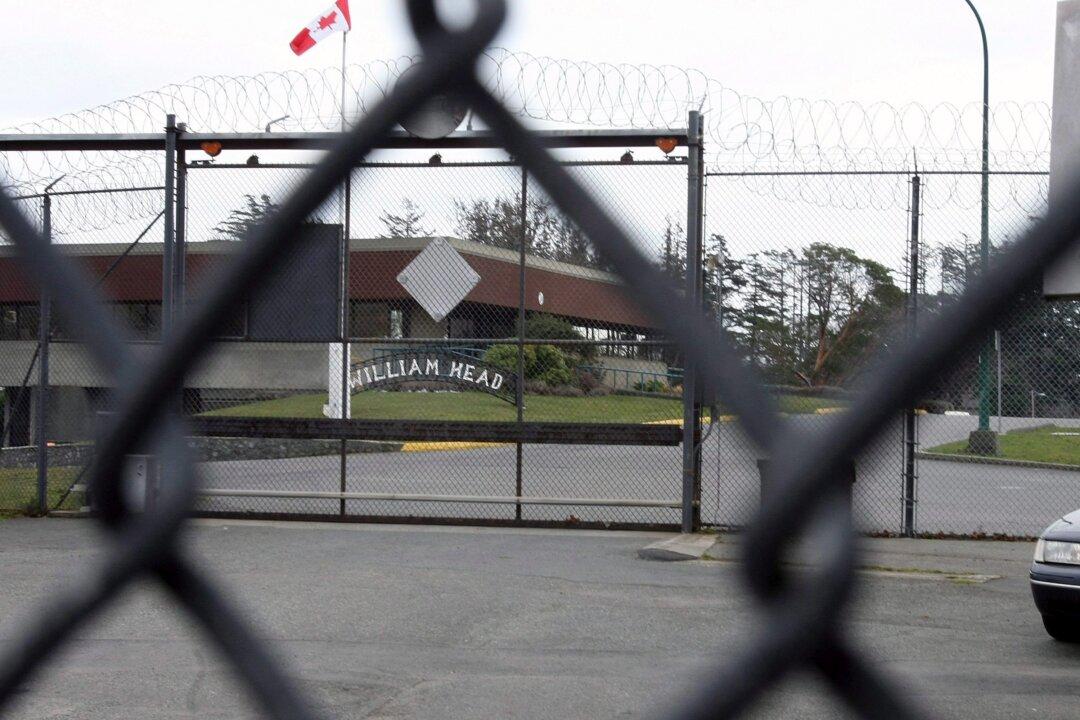Richard Charles Joyce, who has been imprisoned in a federal facility for over 30 years for murder and for sexual assault against children, was denied parole and escorted temporary visits following a hearing on Sept. 7.
The prisoner at William Head Institution in Metchosin, B.C., had recently applied for escorted temporary absences for what the parole board called “community service and personal development.” However, the case management team said at the hearing that Mr. Joyce “requires a gradual reintegration to the community before there is any consideration of a full parole.”





